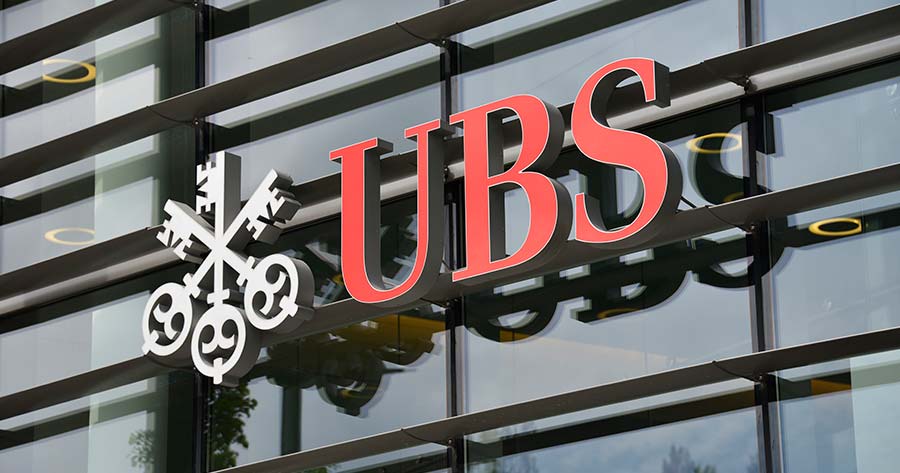The Prime Minister of Thailand, Srettha Thavisin said during the north-east region inspection on Saturday (7 Oct) that he will not back down on 10,000-baht digital wallet policy, despite the opposition from the 99 elite fiscal-conservative economists statement on Friday (6 Oct), including both ex-monetary and fiscal policy makers, university professors, institutional and other researchers.
On Monday (9 Oct), the big bank UBS‘ Global Research and Evidence Lab, published its perspectives on the Thai PM’s stimulus promise, expecting the 10,000-baht handouts should boost Thailand consumption in 2024, which has been revised to 3.6% GDP growth from prediction of 3.1%. The policy is expected to not impact the long term debt sustainability due to the policy not breaking the 70% debt to GDP ceiling that IMF recommends. The handout is expected to roll out on 1Q24 and would send debt to GDP to 64% from 61.7%, and 63% even if the stimulus only targets the bottom 40% of income distribution.
UBS researchers believe the Thai government would likely borrow the state-owned banks to fund this hand-out policy along with debt issuance, which will put a lot of pressure on the financial sector that already tightens their seat belt by not giving out loans so easily. However, UBS sees that Thailand’s current credit rating at BBB+ would not get cut in response to the one-off policy as the downsides remain only to Thailand mid-term policy trajectory and growth. Still, the low-income retail or SMEs would get hit the most by the following crowding out effects from vulnerability from political and economic policy.
Meanwhile, UBS forecasts that Thai government bond yields would underperform the regional peers such as India, Indonesia and Philippine in 2024. The slowing of deposit growth, the expected $4 billion foreign outflow and the CPI inflation acceleration, are the factors UBS citing. Nevertheless, the 10-year government bond yield would remain elevated at around 3.25% in 2024.
In addition, UBS viewing the Thai government is likely to push further cost of living cuts or at least easing. The boosted consumption may benefit some big cap stocks like ADVANC, BBL, CPALL, CPN, CRC, MINT, HANA, WHA. On the other hand, UBS recommends against banks and others that may be impacted from their analysis such as BGRIM, CENTEL, CPAXT, GPSC, KKP, KTB, MTC and TRUE.





